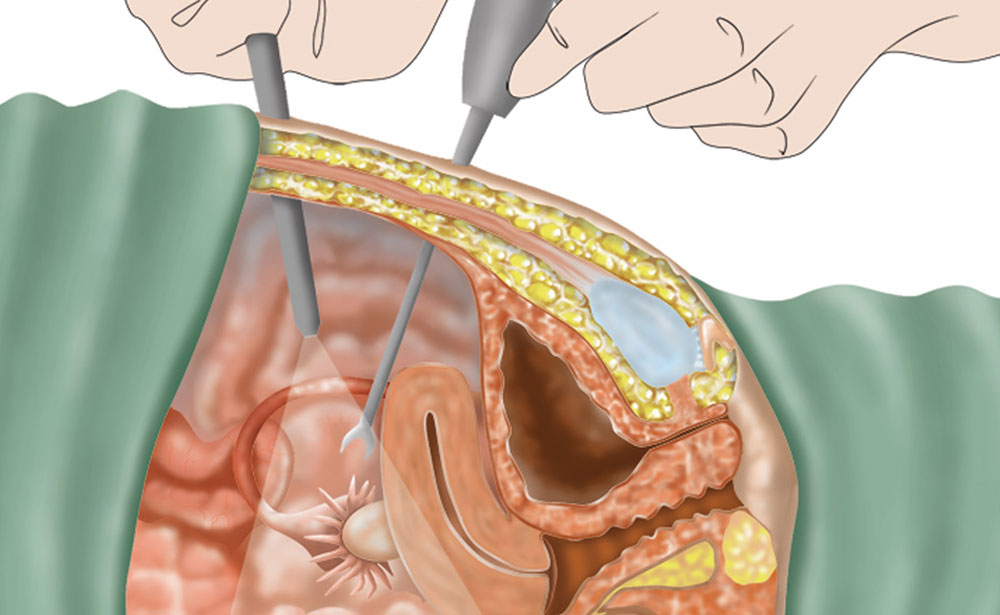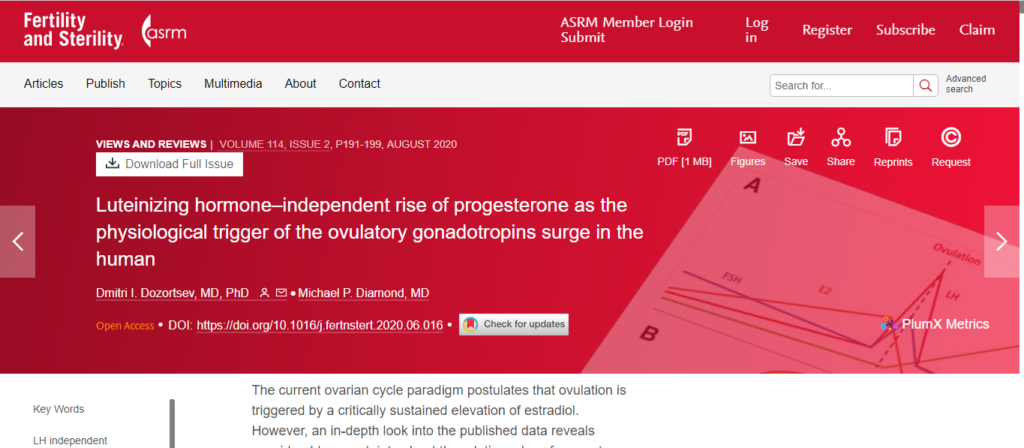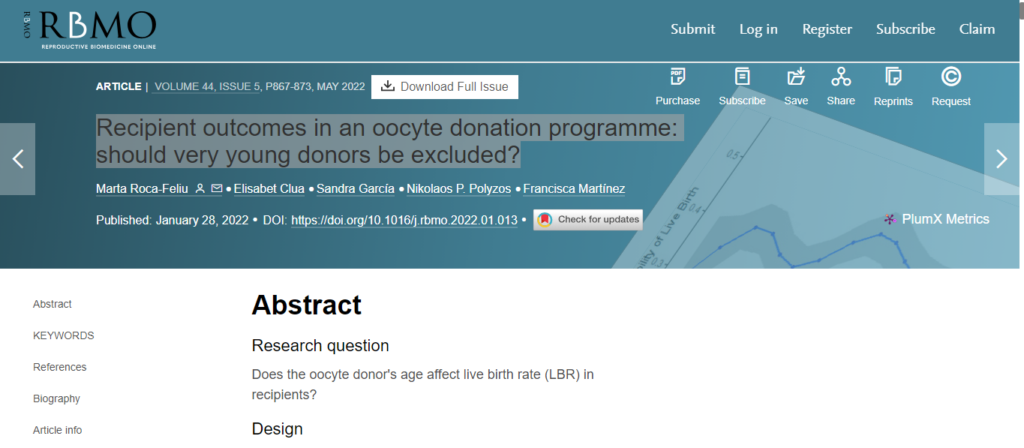PCOS Diagnosis and Testing
PCOS is difficult to diagnose because no test or combination of tests offer a definitive diagnosis. Different patients experience varying manifestation of the syndrome, which complicates both the diagnosis and treatment. Nine manifestations or phenotypes are currently recognized as potential indicators of PCOS.
Several blood tests and exams will be conducted in order to establish if the patient has any of the following symptoms:
· Elevated free testosterone
· Elevated dehydroepiandrosterone Sulfate (DHEAS)
· Low sex hormone binding globulin (SHBG)
· Insulin resistance, measured by the 2-hour glucose tolerance test
· Elevated luteinizing hormone (LH) when compared to follicle stimulating hormone (FSH)
· Ovarian cysts as seen on an ultrasound (although, not everyone with PCOS has ovarian cysts and not everyone with ovarian cysts has PCOS)
· Abnormal cholesterol and/or triglycerides
· Elevated liver enzymes, that can indicate non-alcoholic fatty liver disease
Ultrasound and Sonohysterogram
Ultrasound: a vaginal probe ultrasound involves inserting the probe directly into the vagina, which allows for visualization of the ovaries, uterus, and other structures. It is used to monitor follicle counts and look for polyps.
Sonohysterogram: allows visualization of the interior aspect of the uterus using an ultrasound. For the procedure, the uterus is filled with saline solution causing it to expand, and the vaginal probe ultrasound is inserted. The ultrasound outlines abnormalities, such as fibroids and polyps [link to Uterine Polyps], which appear as “shadows” in the uterus. We may also rule out endometrial hyperplasia where the lining in the uterus continues to thicken due to estrogen hormonal effects.
Endometrial hyperplasia is usually a benign condition but in some occasions we may encounter changes in the lining, which require surveillance.
While not everything is known about PCOS, medical science has made great strides in recent years toward understanding and controlling the condition. The best regimen seems to be a combination of medical care, dietary supplements, proper nutrition and exercise, all of which can be controlled by the patient. PCOS symptoms can be managed and even reversed.
AFCT helped thousands of women with the diagnosis and management of PCOS symptoms. Our patients benefit from an individualized comprehensive team approach through both AFCT and Lisanne’s Wellness Center located in the same center.
We begin with a thorough investigation of hormones, glucose and lipid testing along with a physical exam and a pelvic ultrasound. We formulate a treatment plan to address symptoms and patients can achieve their goals through participation in the variety of nutrition and lifestyle modifications offered by Lissane’s wellness center.











